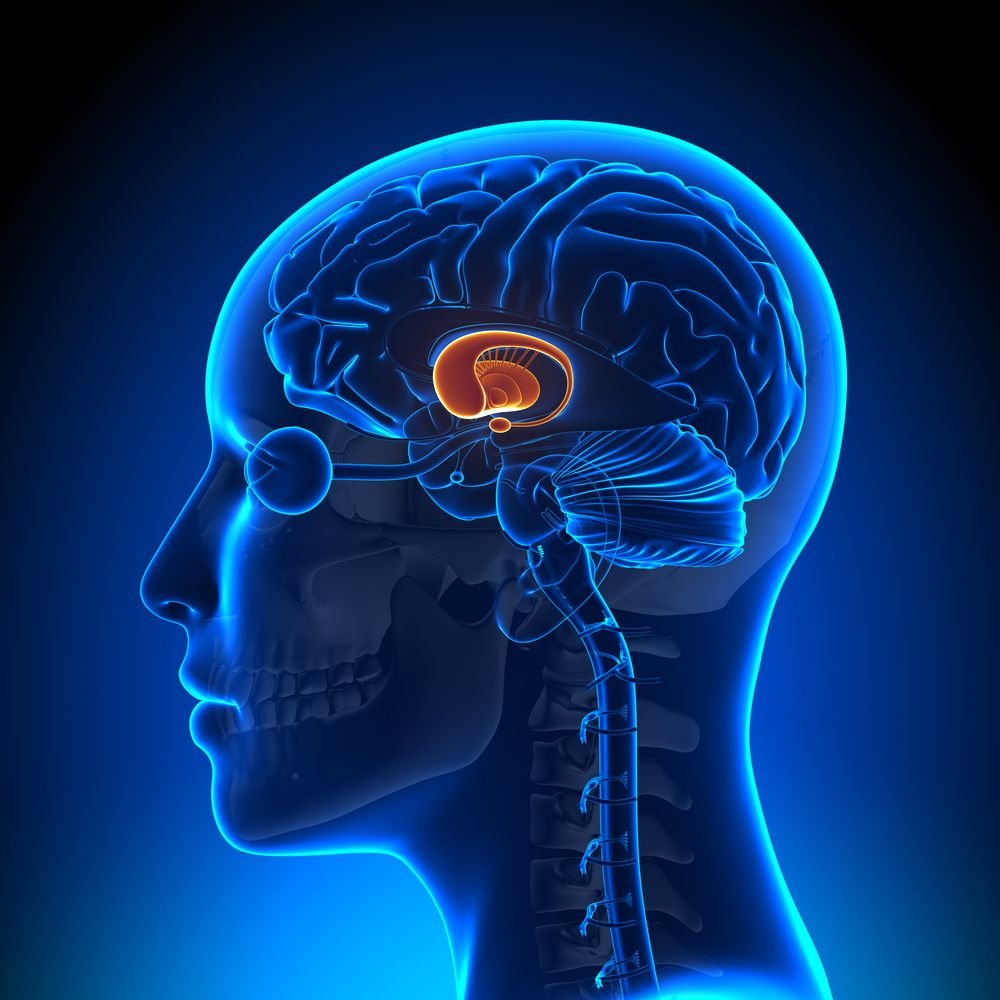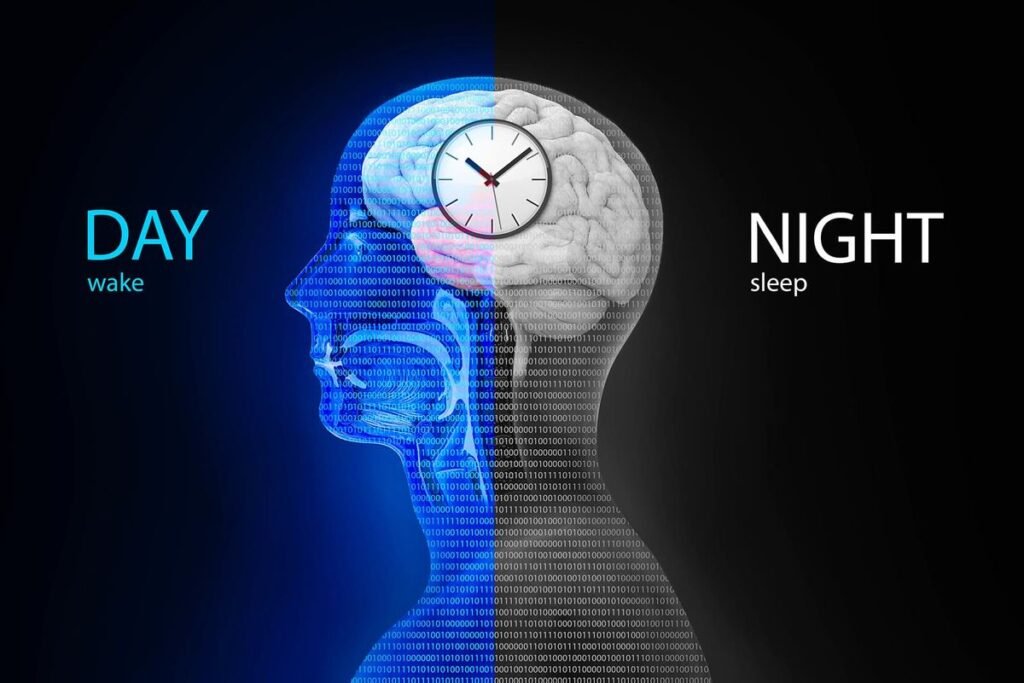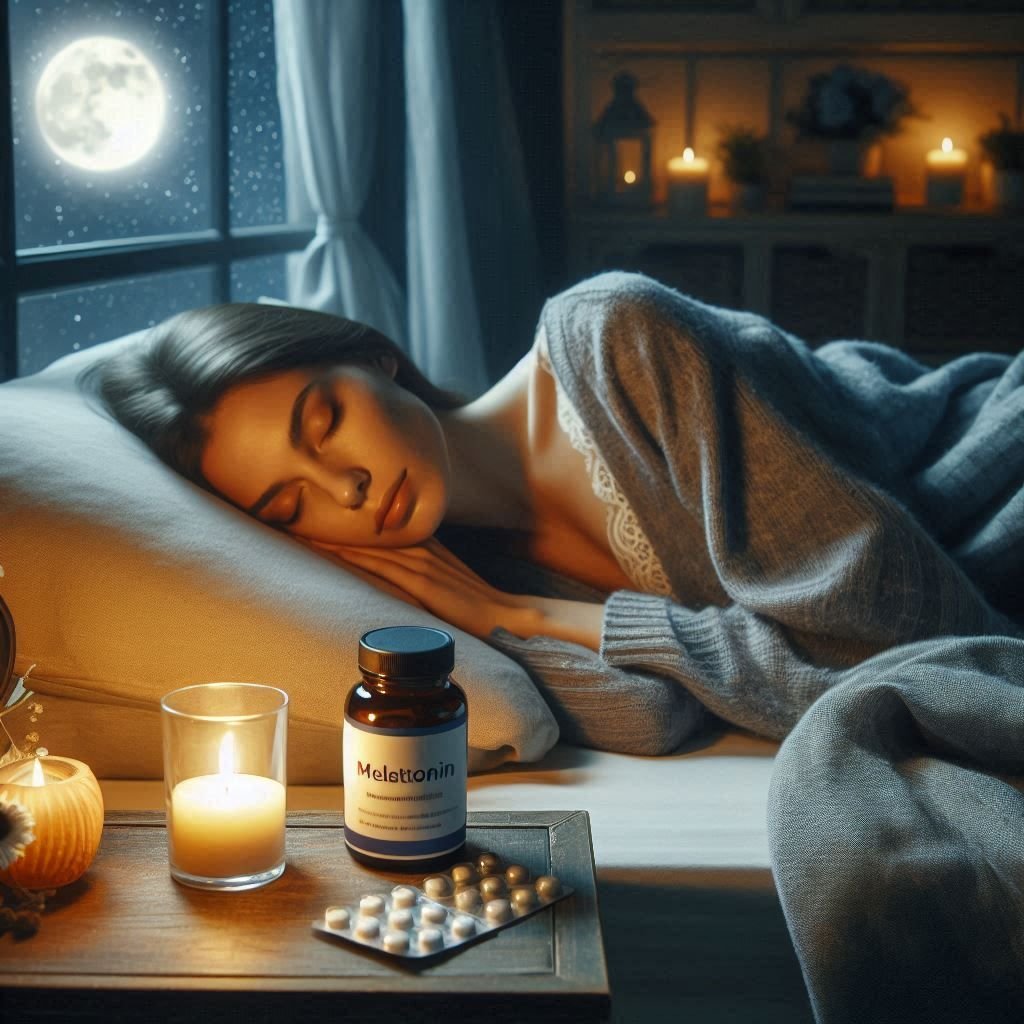Melatonin: All You Have to Know For Better Sleep
Welcome, Wellness Warriors, to another deep dive into the intricate world of human health. Today, we turn our attention to a remarkable molecule that plays a pivotal role in one of our most fundamental needs: sleep. We’re talking about melatonin, often dubbed the “sleep hormone,” a naturally occurring substance that orchestrates our internal clock and signals the arrival of night. In this comprehensive guide, we’ll unravel the mysteries of melatonin, from its natural production to the responsible use of melatonin supplements, providing you with all the essential facts you need to know.
The Pineal Gland: Melatonin’s Command Center

At the core of melatonin production lies the pineal gland, a small, pea-sized gland located deep within the brain. This remarkable gland acts as the body’s internal timekeeper, responding to light and darkness signals from our environment. When the sun sets and natural light diminishes, the pineal gland begins to increase the release of melatonin, signaling to the body that it’s time to prepare for rest. This natural hormone, or endogenous melatonin, is crucial for regulating our sleep-wake cycle and maintaining a healthy circadian rhythm.
The circadian rhythm is our approximately 24-hour internal body clock that dictates various physiological processes, including when we feel sleepy and when we feel awake. Disruptions to this rhythm, often due to modern lifestyles, can lead to various sleep issues.
When Our Natural Rhythm Goes Awry: The Role of Exogenous Melatonin

Despite our body’s best efforts, various factors can throw our sleep cycle out of sync. Modern life, with its constant exposure to blue light from screens, irregular work schedules for shift workers (especially those on the night shift), and rapid travel across time zones leading to jet lag, can all suppress natural melatonin production or disrupt our sleep patterns.
When natural melatonin production is insufficient, or when our internal clock is severely misaligned, some individuals turn to melatonin supplementation. These melatonin supplements, available as a dietary supplement in various forms like a melatonin pill or slow release tablets, aim to augment the body’s melatonin levels. It’s important to understand that while melatonin is often perceived as a “sleeping pill,” it’s more accurately described as a chronobiotic – a substance that helps to reset the body clock rather than simply inducing sleep.
Who Benefits from Melatonin Supplementation?

Melatonin supplementation can be particularly helpful for certain groups and specific sleep problems:
- Jet Lag: As mentioned, rapidly crossing multiple time zones can severely disrupt the sleep-wake cycle. Taking melatonin supplements at the appropriate time of day can help to resynchronize the internal clock and alleviate jet lag symptoms, helping you get a good night’s sleep in your new environment.
- Delayed Sleep Phase Syndrome (DSPS): Individuals with DSPS are often “night owls,” experiencing a significant delay in their natural sleep onset. A low dose of melatonin taken a few hours before their desired bedtime can help shift their sleep patterns earlier, promoting a good bedtime routine.
- Older Adults: As we age, natural melatonin production tends to decline, which can contribute to trouble sleeping in older adults. For some, a low dose of melatonin may improve sleep quality and help them achieve enough sleep.
- Shift Workers: Shift workers often struggle with sleep issues due to their irregular schedules. While melatonin may offer some relief, a comprehensive approach involving sleep hygiene and strategic napping is usually more effective.
- Short-term Sleep Problems: For occasional short-term sleep problems such as temporary insomnia due to stress or minor disruptions, melatonin supplementation on a short-term basis might be a good idea.
It’s crucial to emphasize that melatonin is generally recommended for short-term use. While research is ongoing, the long-term use of melatonin is not as well-studied, and it’s always best to consult with a healthcare provider before embarking on any prolonged use of melatonin.
Where to find melatonin in food ?

For a better good night’s sleep, focus on foods containing melatonin or tryptophan (which converts to melatonin).
Top choices for melatonin include:
- Tart cherries and their juice.
- Pistachios and almonds(among nuts).
- Eggs and fatty fish (like salmon).
- Milk.
- Oats and rice(especially whole grains).
- Bananas and goji berries.
These foods can gently support your natural melatonin production and help regulate your sleep-wake cycle, contributing to better sleep quality. Pair them with good sleep hygiene for optimal results.
READ MORE: 4 Ultimate Hacks for a Younger Skin (Anti-Aging Tips)
Dosage and Drug Administration: Finding the Sweet Spot

One of the most common questions regarding melatonin supplements is about dosage. Unlike many counter sleep aids, which often recommend a standard dose, the optimal drug administration for melatonin can vary significantly. Many people assume that if a little is good, much melatonin is better, leading to the use of higher doses. However, this is a common misconception.
Studies suggest that the ideal lowest dosage to achieve the desired effect is often very small, sometimes as little as 0.3 mg to 1 mg. Taking high doses of melatonin can actually be counterproductive and lead to unwanted adverse effects the next day, such as drowsiness, dizziness, or irritability. For general sleep issues, starting with the lowest dosage is always recommended. If you’re considering a new supplement, always consult with a health care provider to determine the appropriate dose for your specific needs. Research from institutions like Rhode Island Hospital and Brown University Health, as well as the Mayo Clinic Patient resources, consistently highlight the importance of starting low and slow.
Potential Side Effects and Precautions

While generally considered safe for short-term use in healthy adults, melatonin supplements are not without potential adverse events or common melatonin side effects. These can include:
- Drowsiness or dizziness the next morning
- Headache
- Nausea
- Irritability
- Vivid dreams or nightmares
More serious negative effects are rare but can occur, especially with high doses or in individuals with underlying health conditions. There have been reports of melatonin poisoning, particularly concerning child melatonin, leading to visits to the emergency room. This underscores the critical importance of keeping all medications and supplements out of reach of children and discussing any concerns about child melatonin with a child’s pediatrician.
Individuals with certain health conditions, such as autoimmune disease, cardiovascular disease, or high blood pressure, should exercise caution and always consult their healthcare provider before taking melatonin. It can interact with prescription medications, including blood thinners and immunosuppressants, potentially leading to a significant increase in adverse effects.
Melatonin vs. Sleep Hygiene: A Holistic Approach

It’s important to remember that melatonin supplementation is not a magic bullet for all sleep issues. While it can be a valuable tool for specific circumstances, it should not replace fundamental sleep hygiene practices. Good sleep hygieneinvolves:
- Maintaining a consistent sleep cycle, even on weekends.
- Creating a conducive sleep environment (dark, quiet, cool).
- Avoiding caffeine and alcohol close to bedtime.
- Limiting blue light exposure in the hours before sleep.
- Engaging in regular physical activity.
For chronic insomnia, cognitive behavioral therapy for insomnia (CBT-I) is often considered the gold standard treatment, addressing the underlying thoughts and behaviors that contribute to trouble sleeping. Melatonin may be used as an adjunct in some cases, but it’s rarely the sole solution for complex sleep problems.
The Future of Melatonin Research

Research into melatonin continues to evolve. Scientists are exploring its potential roles beyond sleep regulation, including its antioxidant properties and its involvement in the immune system. There’s also ongoing interest in its potential therapeutic applications for various health conditions, from neurodegenerative diseases to certain cancer treatments, though more robust studies are needed in these areas.
A systematic review of existing literature consistently points to the efficacy of melatonin for specific circadian rhythm sleep disorders and short-term sleep problems, particularly when used at low levels of melatonin and under the guidance of a professional.
Conclusion: Empowering Your Sleep Journey

As Wellness Warriors, we understand that enough sleep is not a luxury, but a cornerstone of overall health. Melatonin, the body’s natural sleep signal, plays a vital role in this process. While melatonin supplements offer a targeted solution for certain sleep challenges, responsible use and consultation with a healthcare provider are paramount.
Remember, the goal is to optimize your body’s natural melatonin production through good sleep hygiene and a healthy lifestyle. If you find yourself consistently experiencing trouble sleeping, don’t hesitate to seek professional advice. A good idea is to speak to your healthcare provider about your sleep patterns and explore whether melatonin is an appropriate option for you. By understanding the science behind melatonin and embracing holistic sleep practices, you can empower yourself to achieve a good night’s rest and conquer your wellness journey.

